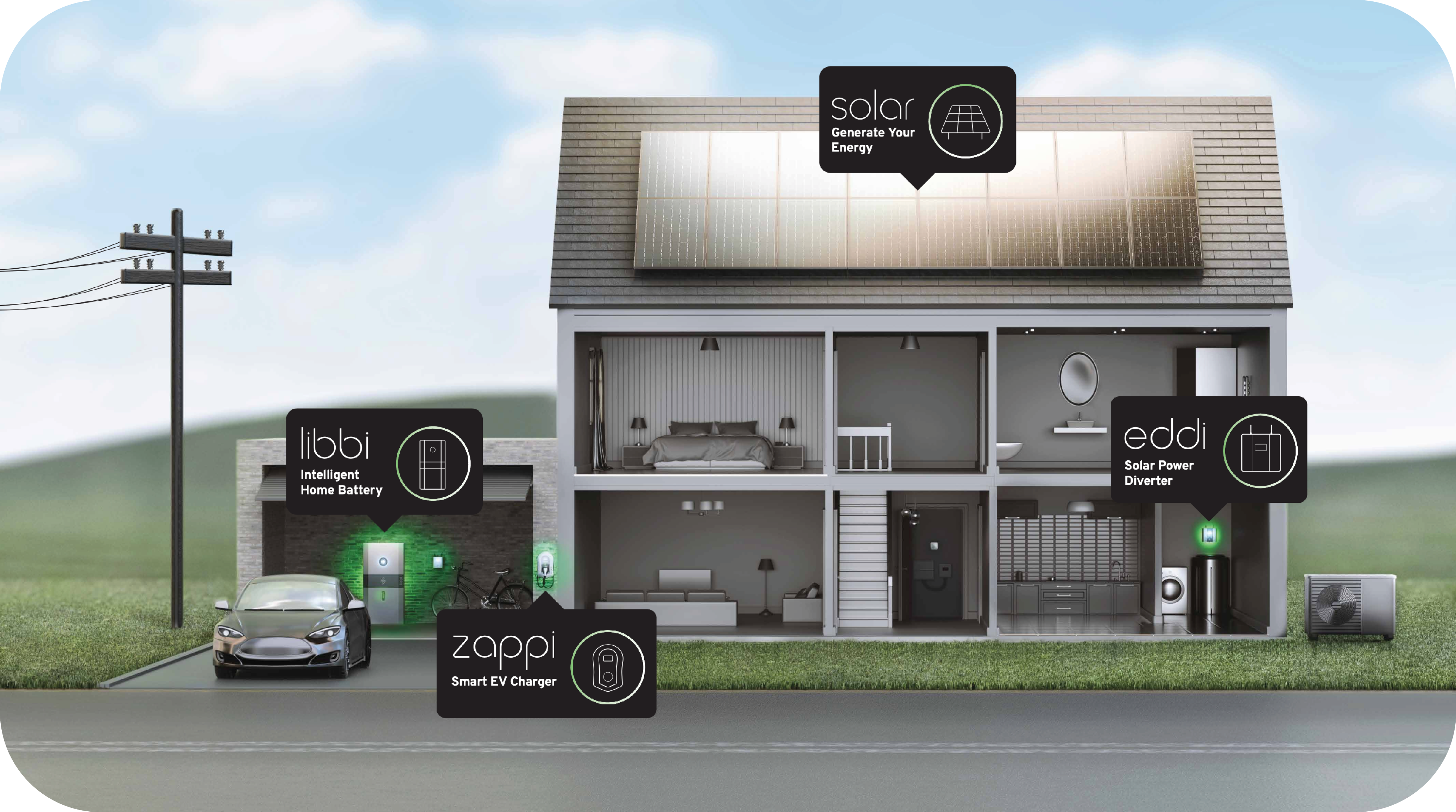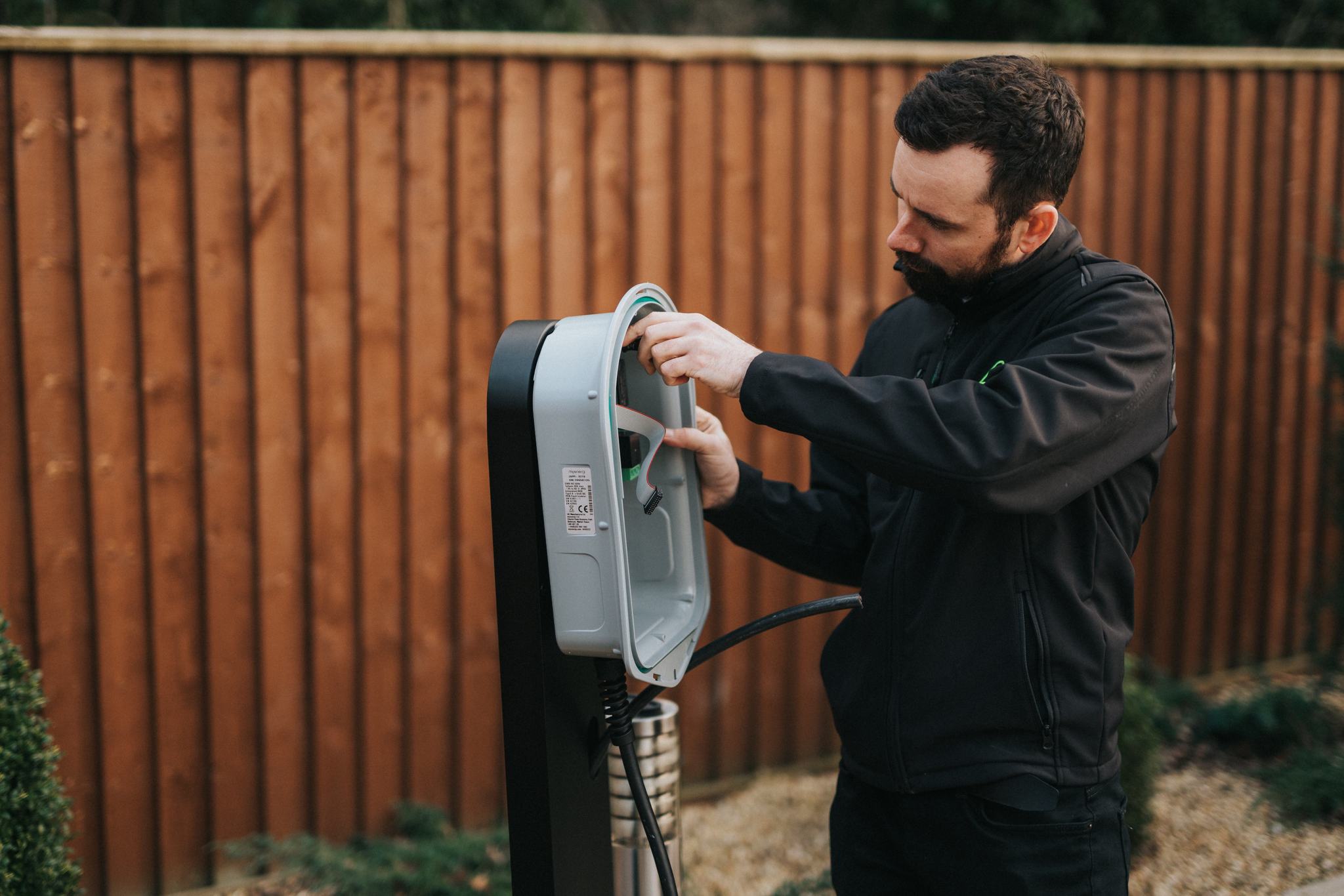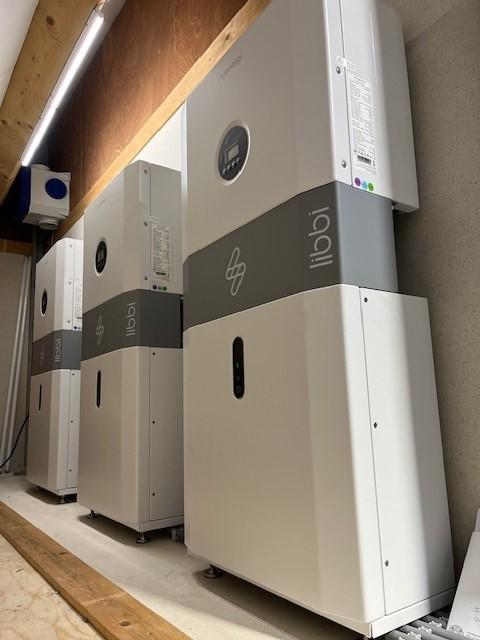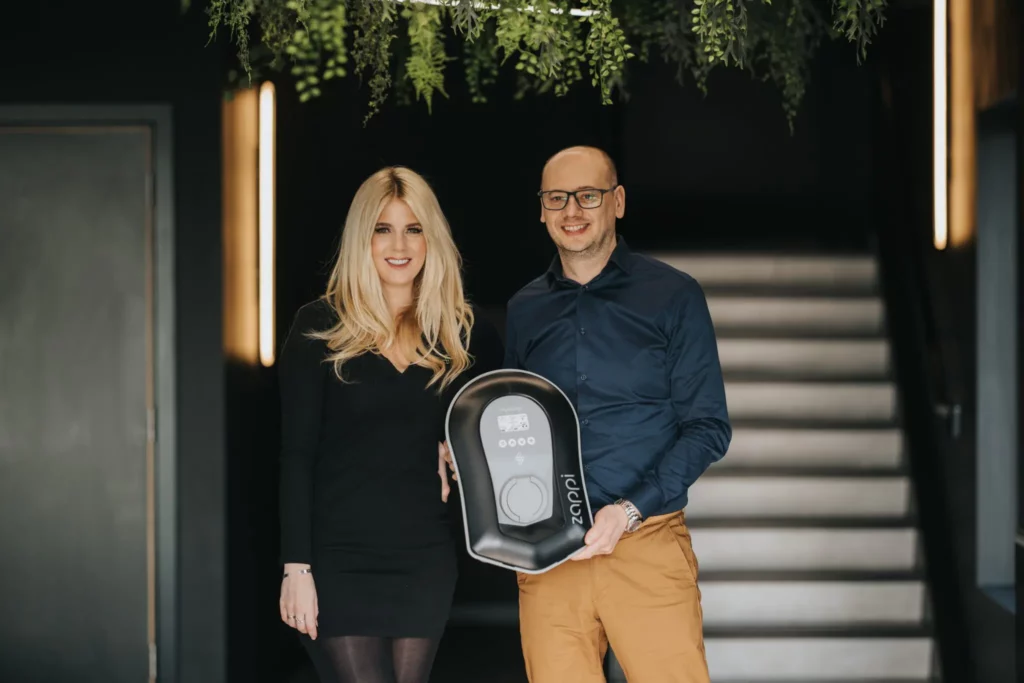More and more people are concerned about the climate. In addition, due to rising energy prices, sustainable living and living is becoming more and more interesting. But how do you start and what can you think about?
To combat climate change and save our planet, it is important that we all take (small) steps towards a more sustainable way of living and living. Do you also want to reduce your carbon footprint and make more environmentally friendly choices? Then be sure to read on and discover our 10 tips.
1) Plastic-free bathroom
One small step that everyone can take to live more sustainably is to use less plastic. The bathroom is the perfect place to start. Look around your bathroom and count how many plastic containers you see. Start recycling them into the right bin when you run out. Even better is to switch to plastic-free alternatives. To inspire you, here are some tips:
- Use environmentally friendly cleaning products: Sustainable cleaning brands do not use chemicals or other toxic substances. This is not only good for the environment, but also for your own health. Another cheap multi-purpose cleaning product is vinegar. It is not always necessary to buy expensive cleaning products.
- Buy biodegradable toothbrushes and use reusable cotton pads: that way, you'll put less strain on the environment. Want to go a step further? Use toothpaste tablets instead of plastic tubes.
- Use a block of soap instead of a liquid one: You can also easily replace shampoo bottles with a shampoo bar.
- Prefer not to buy individual bars of soap? Then buy in bulk: By buying in bulk, you save a lot of packaging material. After use, dispose of the packaging in the appropriate bin and recycle it. In some shops you can also buy refillable shampoo and shower bottles that you can refill yourself in the shop.
- Use recycled toilet paper!
2) Eat with the seasons
Buying products that are not in season often means that they have travelled a long way to your kitchen. It is not easy to avoid products that have been imported, but you can buy seasonal products more often. Also choose local products more often.
Local food is also fresher, often tastes better and contains more minerals and vitamins. To keep food fresh for a long time, vegetables that are imported are often sprayed with all kinds of chemicals.
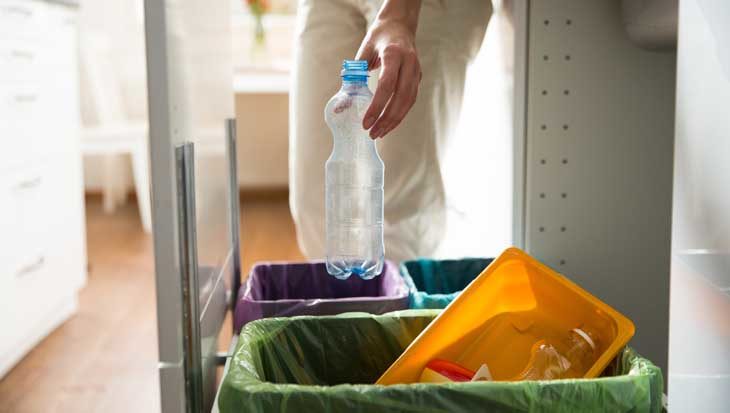
3) Bring your own water bottle
A very simple step you can take toward sustainable living and living is to carry a reusable water bottle with you. Take your own water bottle to the office, on the train or on a day out and refill it when it is empty.
The tap water in the Netherlands and Belgium is good to drink. So you can get water almost anywhere when you need it.
4) Preventing food waste
Some statistics on food waste that are not easy to deal with:
- 1/3 of the world's greenhouse gas emissions come from the food industry
- 1/3 of all food worldwide is wasted. In the Netherlands alone 2 billion kilos of food is wasted annually and in Belgium almost 4 billion (Source: Samen tegen Voedselverspilling and Roels & Van Gijseghem)
If you would like to live and work sustainably, then preventing food waste is a good step. Wastage does not only occur among consumers, but companies play a major role in this. However, as a consumer you can also make a contribution to preventing food wastage:
- First look at what you already have in your house. What needs to be used first and what do you still have in stock?
- Do your shopping with the help of a list. This way, you are less likely to buy unnecessary products. Extra tip: Never go shopping on an empty stomach.
- Cook to order. Did you make too much food? See if you can freeze it to eat later.
- Products with a THT date can often still be eaten after this date, although the taste may deteriorate. Smell, look and taste before you throw it away. Products with a TGT date should be thrown away immediately. The difference between these dates is explained in the video below .
5) Use public transport, walking or cycling
We are used to quickly taking the car to go shopping or to avoid going to work in a rainstorm. Yet public transport, cycling or walking has many advantages:
- Fewer vehicles on the road reduce CO2 emissions
- Fewer greenhouse gases mean cleaner and healthier air
- Walking and cycling are good exercise and help you get your daily exercise.
- It can be much cheaper
Not all places are equally accessible by public transport and some train tickets are very expensive, but with small adjustments you can go a long way. For example, see if you can ride with a friend or colleague. That way, together you can take a step towards a sustainable life.
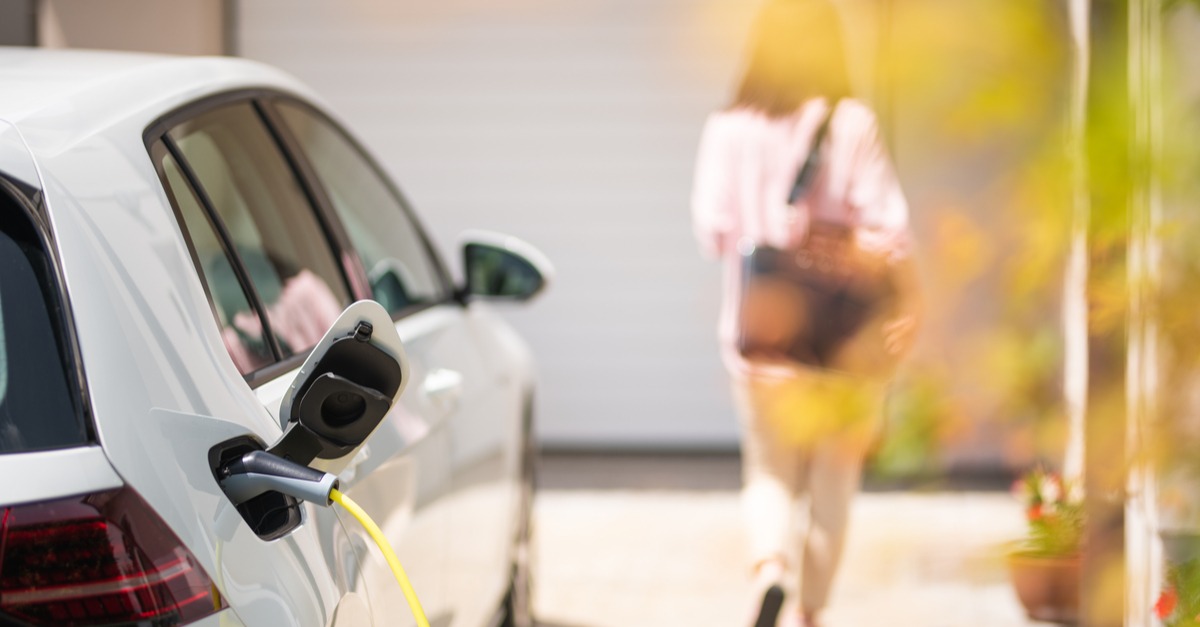
6) Think about an electric car
Can't live without your car? Then consider switching to an electric model. Electric cars are quiet, clean and a lot more durable than a regular petrol car. More and more manufacturers are putting electric models on the market, so there is more and more choice.
If you also use your own EV charger, such as our zappi, you can greatly reduce your CO2 footprint and energy bill. Read more about the benefits of electric cars.
7) Green energy
Sustainable living goes hand in hand with using green energy. This can be done in various ways:
- Have solar panels installed on your roof to generate your own energy or rent solar panels
- Switch to a green energy supplier. Energy companies are increasingly supplying power from solar farms or windmills.
Want to know more? Check out these blogs:
- What is renewable energy?
- What is the difference between green and renewable energy?
- Self-consumption of green energy: how does it work?
8) Switch off devices
Did you know that an appliance uses energy even when it is plugged in but you are not using it? This is called stealth consumption. By unplugging appliances when you are not using them and turning them off instead of putting them on standby, you avoid using energy unnecessarily. Do you often forget to do this? It may help to use a power strip with a switch.
Preventing standby consumption is one of the simplest steps to sustainable living and living.
9) Zero waste shopping
More and more companies are aware of their impact on the climate and want to help you live and work sustainably. As a result, more and more zero waste alternatives are appearing on the market. In many cities, you can already find zero waste shops and there are also supermarkets that deliver groceries to your home in reusable pots and bottles. This saves a lot of waste. What's more, many of these products are also plant-based and fair-trade.
10) Fly less
We are not saying that you should never fly again, but sustainable living and living does not go well with air travel. One of the biggest polluters is still the plane. It is ideal for travelling long distances, but it is not very environmentally friendly. For shorter distances, it is better to use an electric car or the train. By the way, there is still plenty to discover in your own country. Do you want or have no choice but to travel by plane? Then try to compensate for your flight.

 EV charging
EV charging Manage your energy
Manage your energy Maximize your energy
Maximize your energy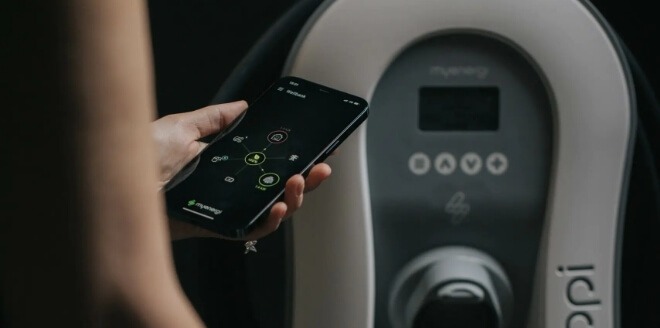 Monitor your energy
Monitor your energy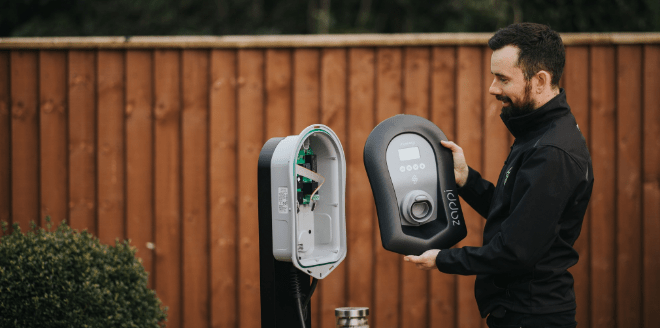 Find an installer
Find an installer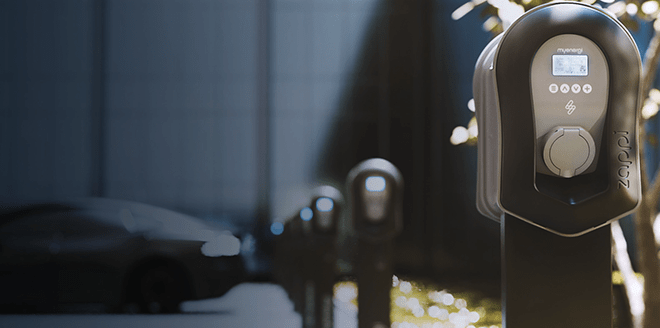 Business charging station
Business charging station Pair zappi with a management platform
Pair zappi with a management platform

